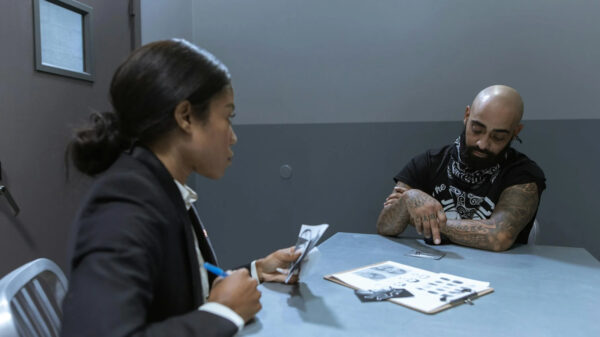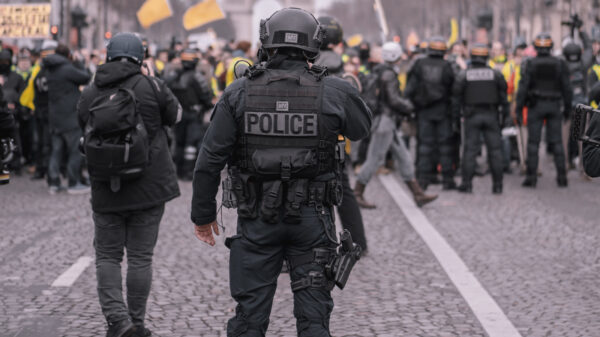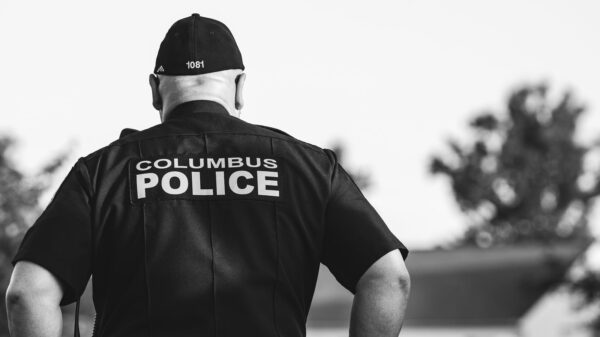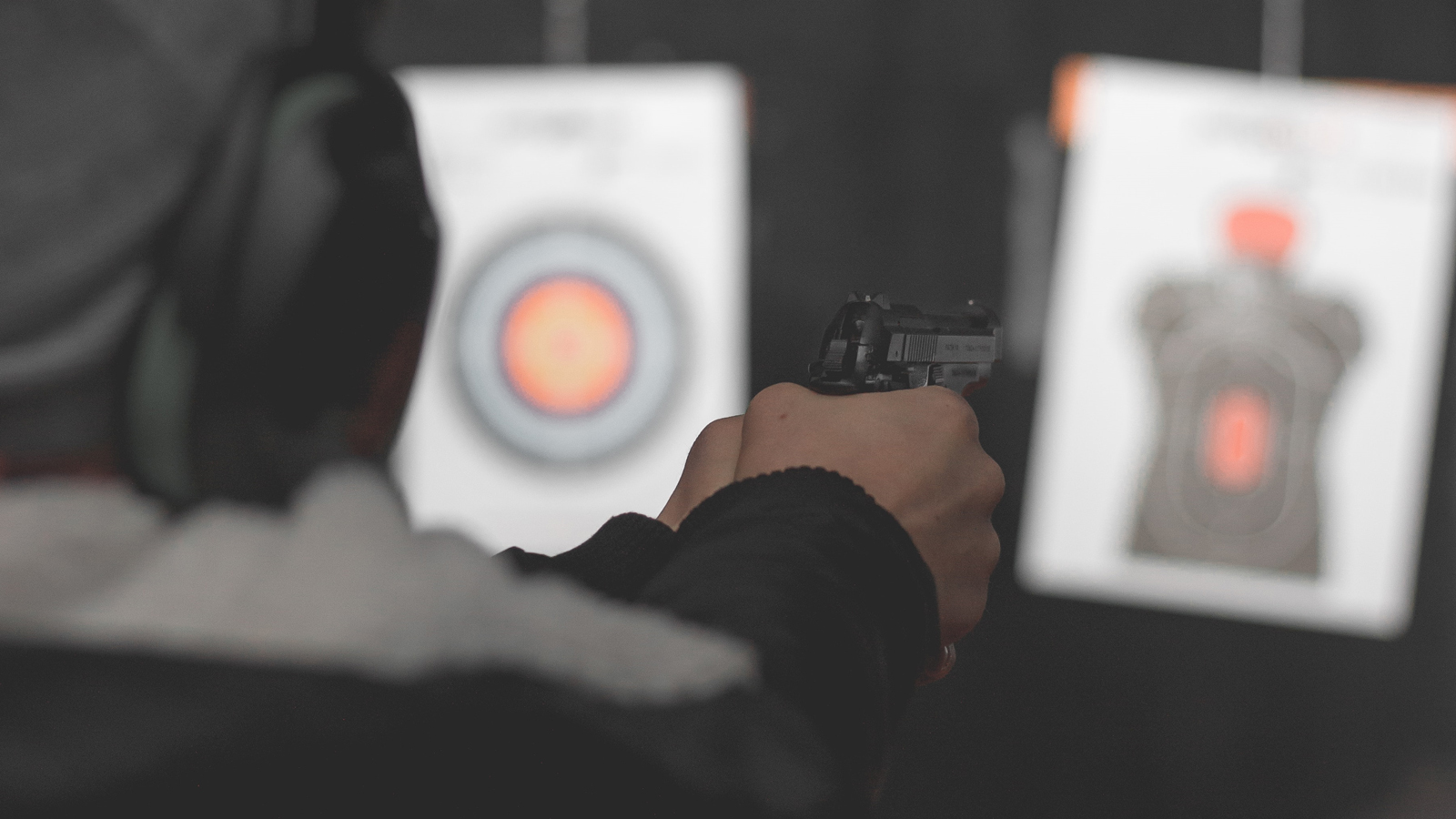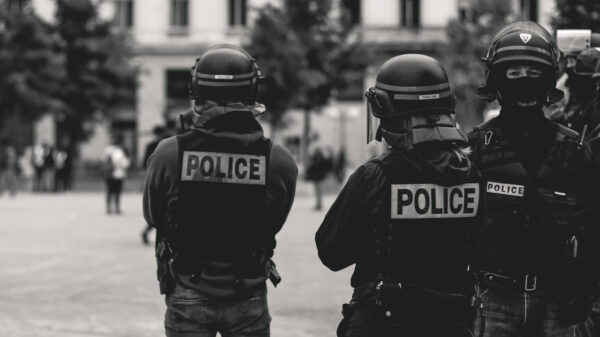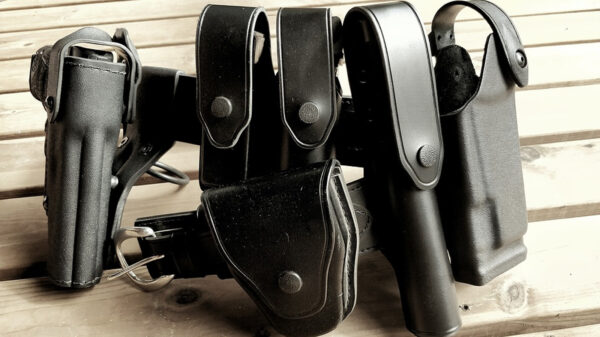Police officers spend a lot of time training. In fact, training opportunities are regularly scheduled into our deployment calendar. We train every month, especially when it comes to the use of our weapons. We’re required to visit the pistol range so we can “qualify” with our handguns and rifles on a regular basis. Our range masters take these opportunities to run drills in an effort to ingrain important principles.
One of these exercises is known as a “failure drill”. The range master inserts a “dummy round” into our handguns in a position within the magazine that is unknown to each shooter. As we begin to shoot through the exercise, each of us eventually comes to the “dummy round” and the weapon misfires or jams. It’s at this moment that each shooter must employ a series of steps in order to clear the jammed “dummy round”. Each of us is familiar with the required steps because we’ve been doing this drill for many years. When our weapons fail, we instinctively know how to clear the jam and assess the condition of the weapon because we’ve repeatedly trained through the required steps. In fact, we don’t even need to think about what we are doing anymore; the steps required to clear the weapon have become a part of our “muscle memory”.
When you repeatedly perform the same physical process over and over again, your actions become a matter of muscular “habit”.
Without thinking, you simply find yourself performing the actions you’ve performed so many times in the past. Your body almost seems to be working on its own, responding from muscle memory rather than reacting to mental commands. Muscle memory is important to police officers, because real gun battles often involve jammed ammunition. Gun battles typically consume all your mental energy as you focus on the threat and try desperately to control the adrenaline rushing through your system. The last thing you want in a situation like this is the mental distraction of a weapon failure. If you can relegate the resolution of this failure to muscle memory (rather than mental effort), so much the better. That’s why we conduct failure drills often; we’re simply trying to become so familiar with the process that we won’t have to think about it when it happens in a real-life scenario. We’ve learned an important principle:
When the pressure is on, you end up resorting to training
Read that again. It’s an important truth. In chaotic, high stress situations (like gun battles), you’re going to resort to your training rather than attempt to “think through” each situation anew. When the pressure is on, it all comes down to muscle memory, and muscle memory is a product of repetitive training. When the pressure is on, you end up resorting to training. Share on X
Have you ever been questioned about your faith on the job or at home? How did it go? Did you struggle to find a winsome, compelling response? Were you able to articulate the truth and defend what you know to be true? Did the encounter plant a seed of doubt in your own mind?
Christianity is true. Demonstrably true, even using the same principles we use in criminal investigations. Are you a better cop than you are a Christian in this regard? Is muscle memory something you find useful at work but not in your conversations about God? The best Christian Case Makers are the ones who continually engage the culture and respond to the challenges offered by unbelievers. The best Christian Case Makers see each opportunity to engage others as an act of training, if nothing else. It doesn’t matter how small the opportunity. You may be in a brief “one on one” conversation with a co-worker, or you may be talking with a waiter about issues in the culture; whatever the situation, the more you engage, the better you are at… engaging!
The more you initiate conversations, the better (and more comfortable) you will become as a conversation starter, and it won’t be long until you’re involved in a number of important conversations. As we engage the people in our world, our Christian Case Making becomes a matter of “muscle memory”. We begin to respond fluidly and instinctively rather than lurching through each situation as though we’re navigating it for the first time. Not many of us will get the opportunity to address hundreds of people at once, but if we do, our training opportunities in smaller settings will help us to respond in the larger context. Our performance in these larger opportunities will become a matter of muscle memory.
You already know about muscle memory, like every other police officer who trains regularly. But you may not know much about Jesus . Have you made the most important decision you will ever make? If not, do it now. Then become the best Christian Case Maker you can be. As police officers, we should be good at this. We already know how to train and importance of muscle memory.
J. Warner Wallace is a Dateline featured cold-case homicide detective, popular national speaker and best-selling author. He continues to consult on cold-case investigations while serving as a Senior Fellow at the Colson Center for Christian Worldview. He is also an Adj. Professor of Christian Apologetics at Talbot School of Theology, Biola University, and a faculty member at Summit Ministries. J. Warner presently serves as a chaplain for his agency and holds a BA in Design (from CSULB), an MA in Architecture (from UCLA), and an MA in Theological Studies (from Gateway Seminary).











